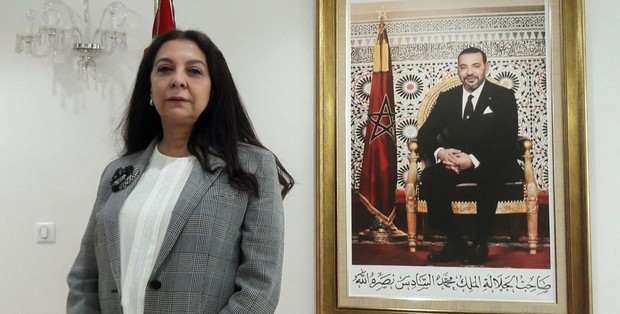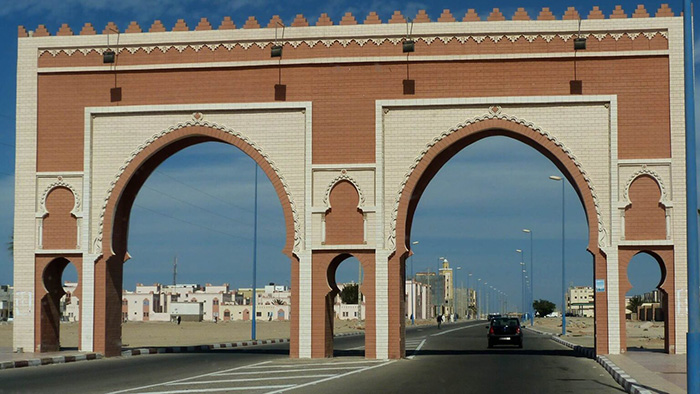Reuters has reported that numerous countries around the world are holding elections this year, which are expected to have significant global political implications. These elections range from those in Taiwan to the upcoming ones in the United States at the end of the year, with several important elections in between, including the presidential election in Algeria scheduled for September.
According to a comprehensive report on global elections issued by Reuters, many significant issues are prominently emerging in elections held across various regions, such as the high cost of living, migration phenomena, fears of right-wing ascendance, corruption issues, and concerns over autocracy and lack of democracy in many countries holding elections this year.
In this context, Reuters questioned the state of democracy in some of these countries, highlighting that democracy observers estimate that three-quarters of the world's population live under authoritarian regimes. Consequently, observers and human rights groups have raised concerns about the fairness of elections in these countries this year.
The Reuters report mentioned specific countries, including Bangladesh, Azerbaijan, Belarus, Cambodia, Iran, Russia, Algeria, and Uzbekistan. In contrast, other nations have demonstrated resilient democracies, as seen in India, where Prime Minister Modi's electoral setback was cited as proof of democracy, and in Senegal, which saw a peaceful transition of power in March following a presidential election.
Regarding Algeria, Reuters' publication comes just days after the opposition party, the Rally for Culture and Democracy (RCD), announced its withdrawal from the upcoming presidential election scheduled for September 7th. The party's leader, Othman Maazouz, cited a policy of "closure" and restricted electoral competition in the country.
Maazouz's statements, reported by Asharq Al-Awsat newspaper, highlighted various reasons behind the party's unanimous decision not to field any candidate in the upcoming presidential election. The party also decided not to support any other candidates from parties participating in the electoral race.
The RCD leader described the upcoming early presidential elections in Algeria as "the most closed since the beginning of party pluralism," pointing to the lack of freedom in competition and the media restrictions that hinder the possibility of a fair electoral contest. Thus, "nominating or supporting a candidate under these circumstances would only be an involvement in the violation of the Algerian people's sovereignty."






